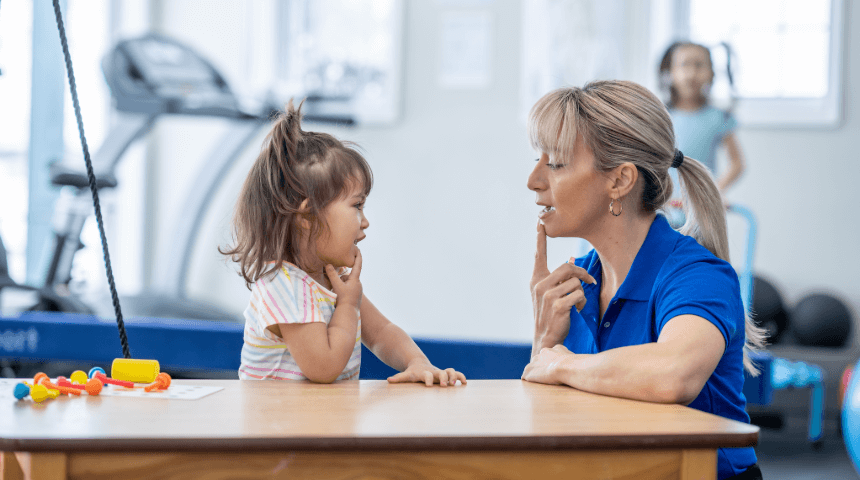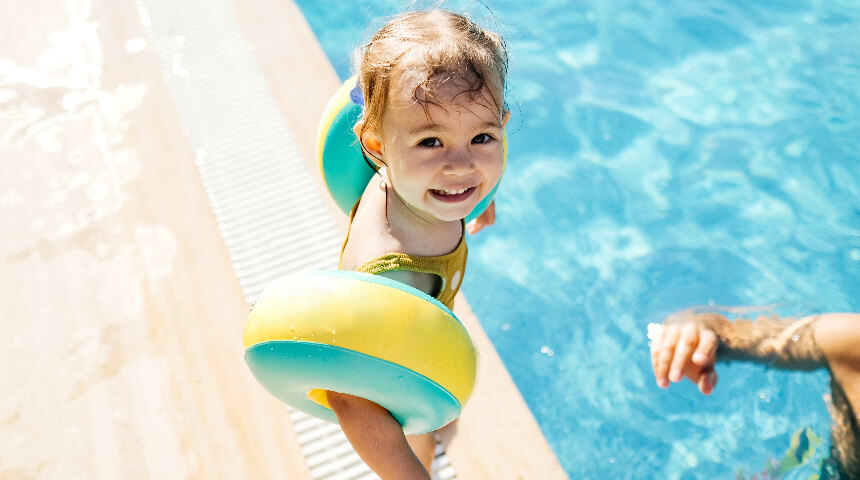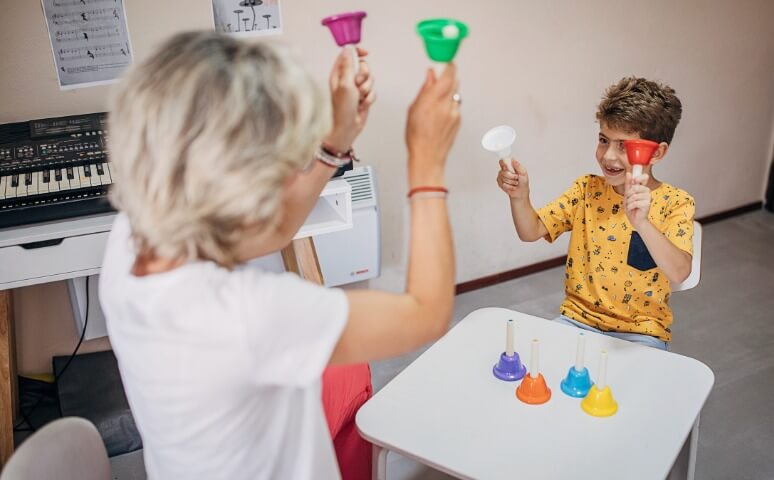Summer camp is, for many of us, what our magical memories of childhood are made of. Those occasions where we said goodbye to our parents in anticipation of spending the week without them and were simultaneously bursting with excitement and overwhelmed with anxiety – those were our very own coming-of-age moments. Our experiences at summer camp taught us a lot about ourselves and about others, and they changed us in small but mighty ways. And now, it’s our turn to entrust our children into the hands of others for a week or two (maybe more) and give our kids the chance to make their own magical memories.
Why overnight camp is good for kids
A quick internet search will tell you there is a summer camp for just about any type of interest you can imagine. There are camps based on sports, horseback riding, arts and crafts, science and technology, and the list goes on. It’s important for parents to know, though, that the benefits of summer camp go far beyond the particular skill or interest their child may develop. 
Perhaps the most important thing a camp has to offer is the element of good old-fashioned fun. I’ve heard many child life specialists here at our hospital, educators and family counselors repeat the saying, “Play is the work of childhood,” and it’s true – kids need to have plenty of opportunities for structured and unstructured play time. Summer camp is a great place to play and have fun.
Beyond the opportunity for play, the camp experience offers a unique chance for a child to become part of a community. They are able to step outside the context of their family unit and learn how to make new friends and function within a group context. This helps foster a sense of connectedness, belonging and contributing to something greater than themselves. As they navigate summer camp, they may get to know their camp counselors – other adults who can have a positive impact on their lives and be a positive role model. Furthermore, as they are required to push their boundaries to accomplish new things without the ever-watchful eye of their parents, they may learn new skills, develop self-esteem and self-reliance, explore their creativity and individual interests, and experience new ways to become physically active and to engage with their natural surroundings.
What you can do to prepare
Before the fun can begin, you must be sure your child’s summer camp is equipped to provide a safe and healthy experience while your little one is away from you. You can start by talking to your child about the types of experiences they are interested in as you research the camps available. If you’re not sure where to start to find the right one for your family, begin with the American Camp Association. There are a variety of camps to search and a range of prices available. You may also want to ask other parents and friends where they have had a good experience.
Once you’ve narrowed it down to a couple of choices, consider these recommendations from the American Academy of Pediatrics to help provide for your child’s health and well-being while they are away:
- Assess your child’s interests and skills, as well as their overall physical and emotional well-being when choosing a camp. Look at the camp’s mission statement and promotional material and discuss this with your child to make a decision together about which one is right for them.
- Be sure you take into consideration the physical requirements of a particular camp. If the camp incorporates strenuous physical activity, is located in a remote area or difficult terrain, discuss this with your child’s doctor to ensure your child is able to participate in the types of activities the camp offers. Be sure you follow the camp’s guidelines concerning physical requirements for participation.
- Before the first day of camp, parents should provide the camp with a complete annual health review from their child’s healthcare provider. For those with ongoing medical issues, this review should be from within the last six months, and their healthcare provider should have a chance to assess whether the physical demands and care provided at that particular camp are suitable for the child.
- Find out what type of healthcare provider will be of service to children at the camp. Ask what policies and procedures are in place in case of illness or emergency. Be sure there are personnel on site at all times who are able to perform first aid and CPR (cardiopulmonary resuscitation).
- For children with ongoing health concerns (this includes anything that requires long-term maintenance such as allergies, diabetes, mood or anxiety disorders, congenital defects, asthma, epilepsy, attention deficit/hyperactivity disorder) be sure the camp healthcare provider has a written action plan from your pediatrician outlining how the child should be cared for. This includes directions for any medication that should be given throughout the camp, physical restrictions that may preclude participation in camp activities, special dietary needs and care for medical devices.
- Be sure that any medications (prescription or over-the-counter) are given to the camp healthcare provider for administration with clear directions for use. Don’t send medication with your child for them to use on their own.
- Prior to the start of camp, campers should be fully vaccinated, according to the recommendations of The American Academy of Pediatrics’ childhood immunization schedule. Parents should ask the camp what their policies are for unvaccinated or incompletely vaccinated children, and you can discuss these risks with your pediatrician, especially if your child is immunocompromised. If the camp requires international travel, visit the Center for Disease Control and Prevention's website on recommended vaccines for travelers.
- Be sure to have several conversations with your child leading up to camp. Address their concerns about being away from home, give them directions about how to care for themselves, their clothes and their toiletries, let them know what to expect as far as communication from home, prepare them for the feelings of homesickness that may occur, and reassure them. Engage in ongoing dialogue with your child as the guide to help them feel well-prepared once the day of departure arrives.
And most importantly, tell them to have fun!
Are You Interested in Learning More?
Sign up for our e-newsletter for more tips and best practices from pediatricians.
Sign Up Here










